Dirt science and getting grubby!
21/11/2018
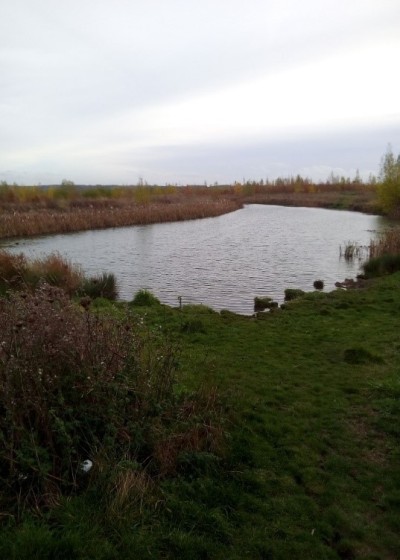
My first few weeks in Cranfield have been a bit overwhelming, with a complete difference in learning style (more independent learning), handing in assignments, learning how to paraphrase and reference properly to avoid plagiarism, and learning a new software from scratch but I am happy that I have made new friends during this time and they have made the transition and learning process easier.
Dr Jacqueline Hannam came in this week, all smiles, I knew I was in for a treat and I wasn’t wrong. I learnt about the physical, chemical and biological components of soil and their interactions. From identifying the different soil textures (sand, clay or loam) by moistening the soil sample and feeling it with your fingers, to identifying the different structures of soil and their effects on soil biology, compact or friable with aggregates respectively as seen below:
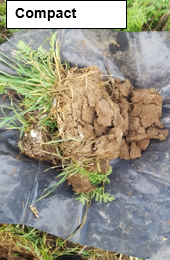
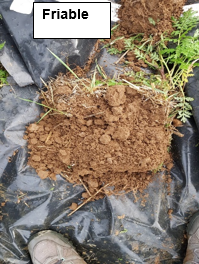
The major organisms which can be seen in the soil are earthworms also known as soil engineers (picture below) and they help to alleviate compaction, aerate and increase porosity in soil due to their burrowing activities.
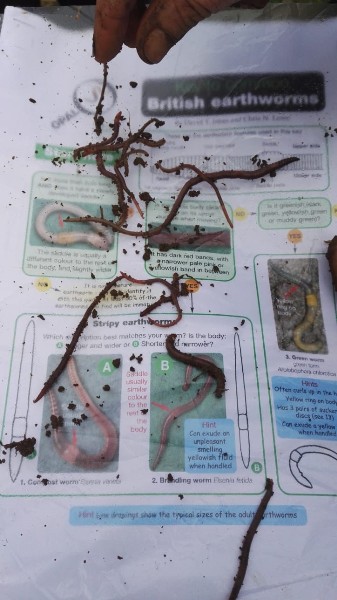
The different horizons of the soil (A (sandy loam),B (loamy sand),C (sand)) are also shown below, colour change which also indicates organic matter levels is evident in the different horizons at the Parrish farm.
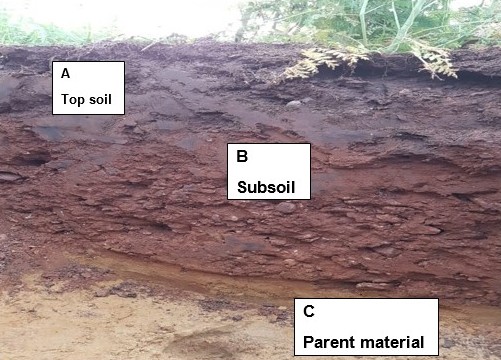
Learning about soil as a carbon store (three times more than the atmosphere) and the Nitrogen cycle, different forms of Nitrogen available for plant use and their effects on the soil and plant growth, the effect of PH on phosphorus mobility, biosolid (BS) and their benefits and the numerous methods of analysing these chemical properties was great. Dr Ruben Sakrabani says there will be in-depth explanations in the next module (can’t wait!). Lots of case studies too to aid understanding. Finally another visit to the Rectory Wood site (pictures below) by the Land Reclamation and Restoration MSc students as “consultants” to obtain data for decision making that will help us reach the restoration target for the woodland.
Soil is a living system that renders a lot of services (provisioning, regulating, cultural and supporting) to us hence the need to utilise it sustainably since it takes a very long time to renew (1cm in 1000 years)! I had great fun learning this week (lots of team work and field trips) and I look forward to my next module. In all, it was a fun and enjoyable week with the integration of class room learning and relevant field and industry experience which I am discovering is unique to modules here at Cranfield.
I’ve had the best learning experience here with a beautiful and serene environment, excellent IT training sessions for different skills, career prospects awareness and lots of PC labs too (Building 90 is my favourite). I hope to enjoy my year in Cranfield to the maximum while acquiring relevant skills along the way.
Thank you Cranfield!
Categories & Tags:
Leave a comment on this post:
You might also like…
From Sri Lanka to Cranfield: How a Commonwealth Scholarship transformed my environmental engineering journey
Hi, I’m Kavithanjali Uthayashangar and I’m here to tell you about my journey into environmental engineering. It began with a simple but powerful motivation: a desire to understand how engineering can ...
Inside the Air Transport Management MSc: Classes, assignments, and group project work
What’s it really like to study Air Transport Management at Cranfield? Adit walks us through a typical day, assignment expectations, and the excitement of hands-on group projects. This is the second of three blog ...
Using Factiva to research a company
If you’re tasked with researching a company, your first port of call might be to search Fame or EBSCO Business Source Complete. Your immediate reaction might not be to look at Factiva. However, for larger ...
How do I write a secondary reference … in the NLM style?
Secondary referencing is used when you’re reading a work which includes a quotation from another author, and you – the researcher – can’t obtain the original source. We always advise, where possible, to try to ...
Reaching new heights: How a Global Excellence Scholarship fuelled my aerospace dreams
Leaving my home in India to pursue an MSc in Aerospace Dynamics at Cranfield University was a leap of faith. Hi, I’m Oliza Kachroo and as an international student, the transition ...
How do I reference…when delivering a presentation?
Just as you cite and reference sources in written work, you should also acknowledge the sources you use or quote in oral presentations. Citing your sources in presentations provides your audience with information about the ...

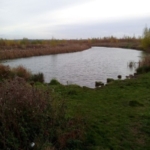
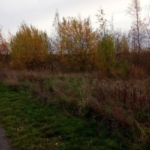
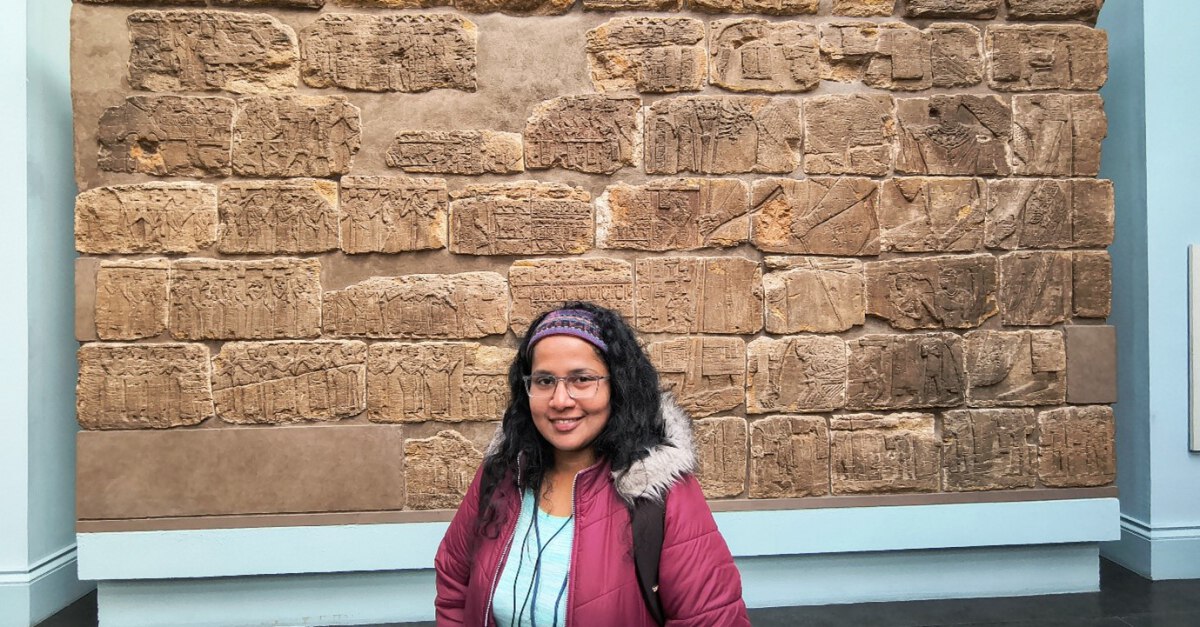





This is a good article, keep up the good work Blessing.
Thank you
Honestly, you just made this part of science alive to me! Good work!
Thanks